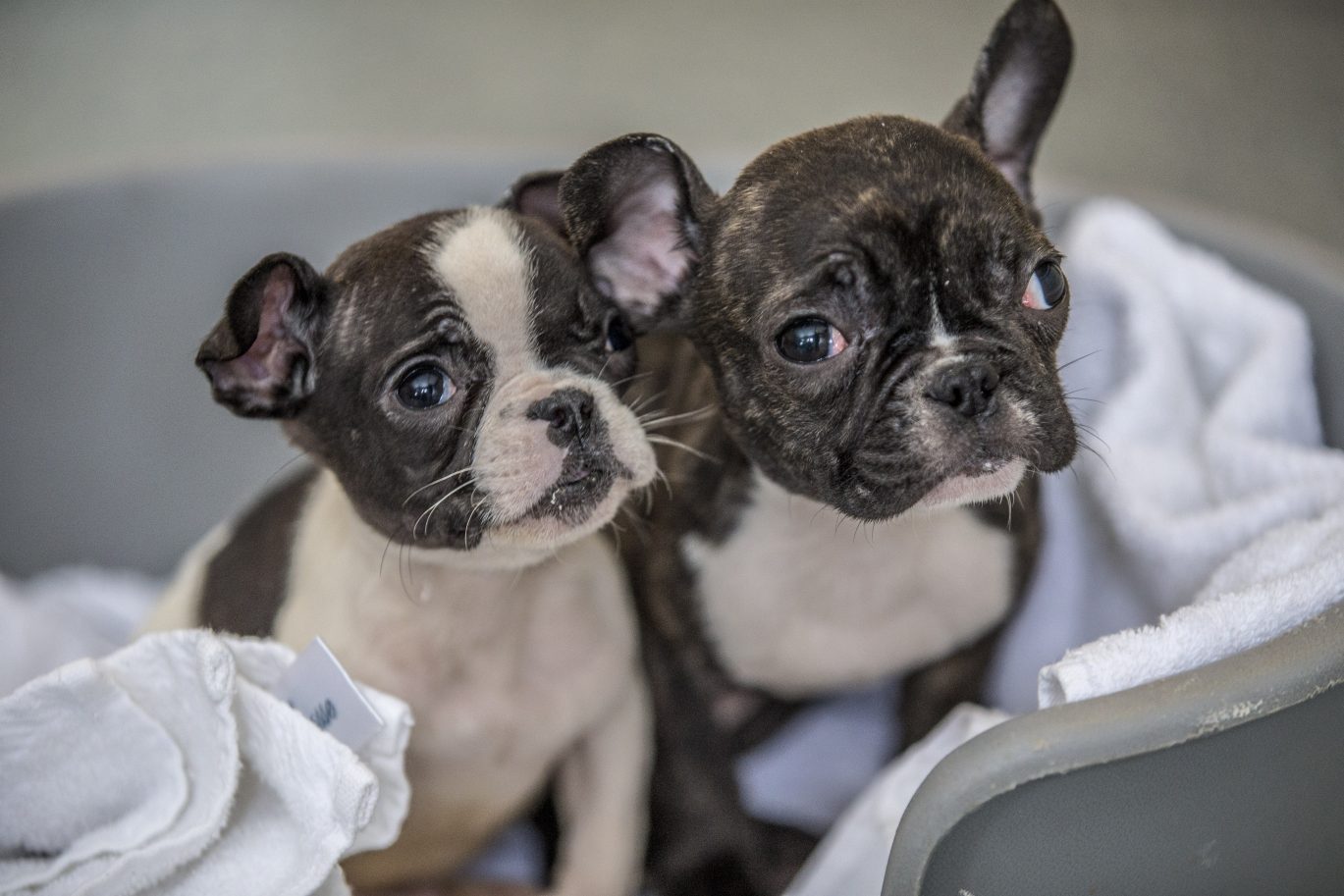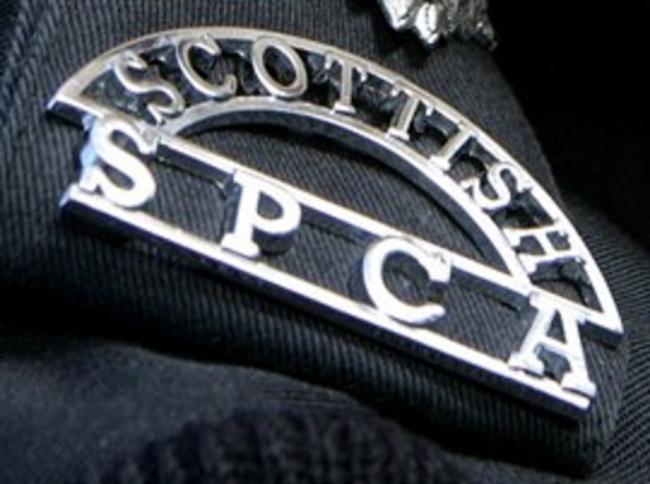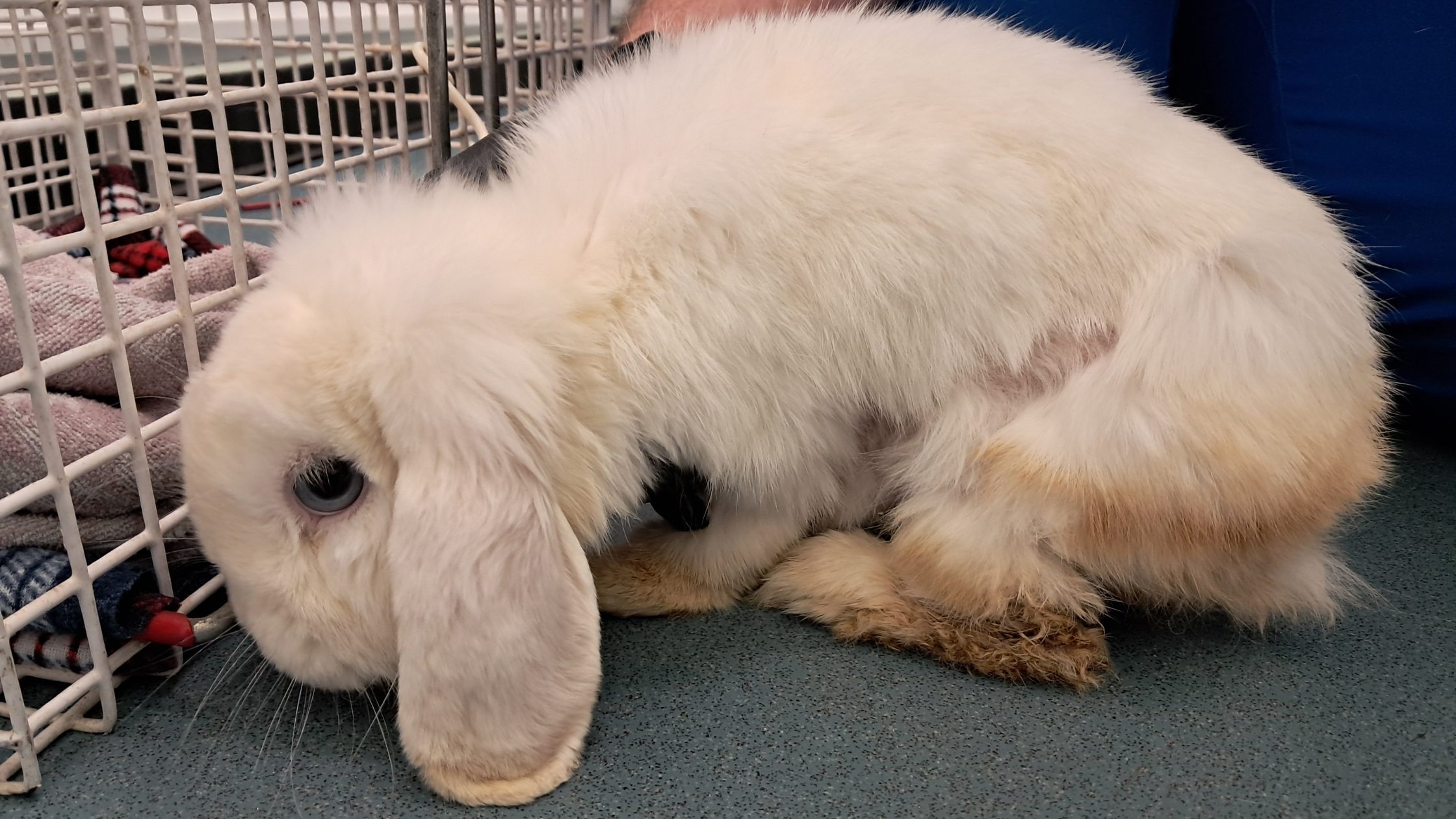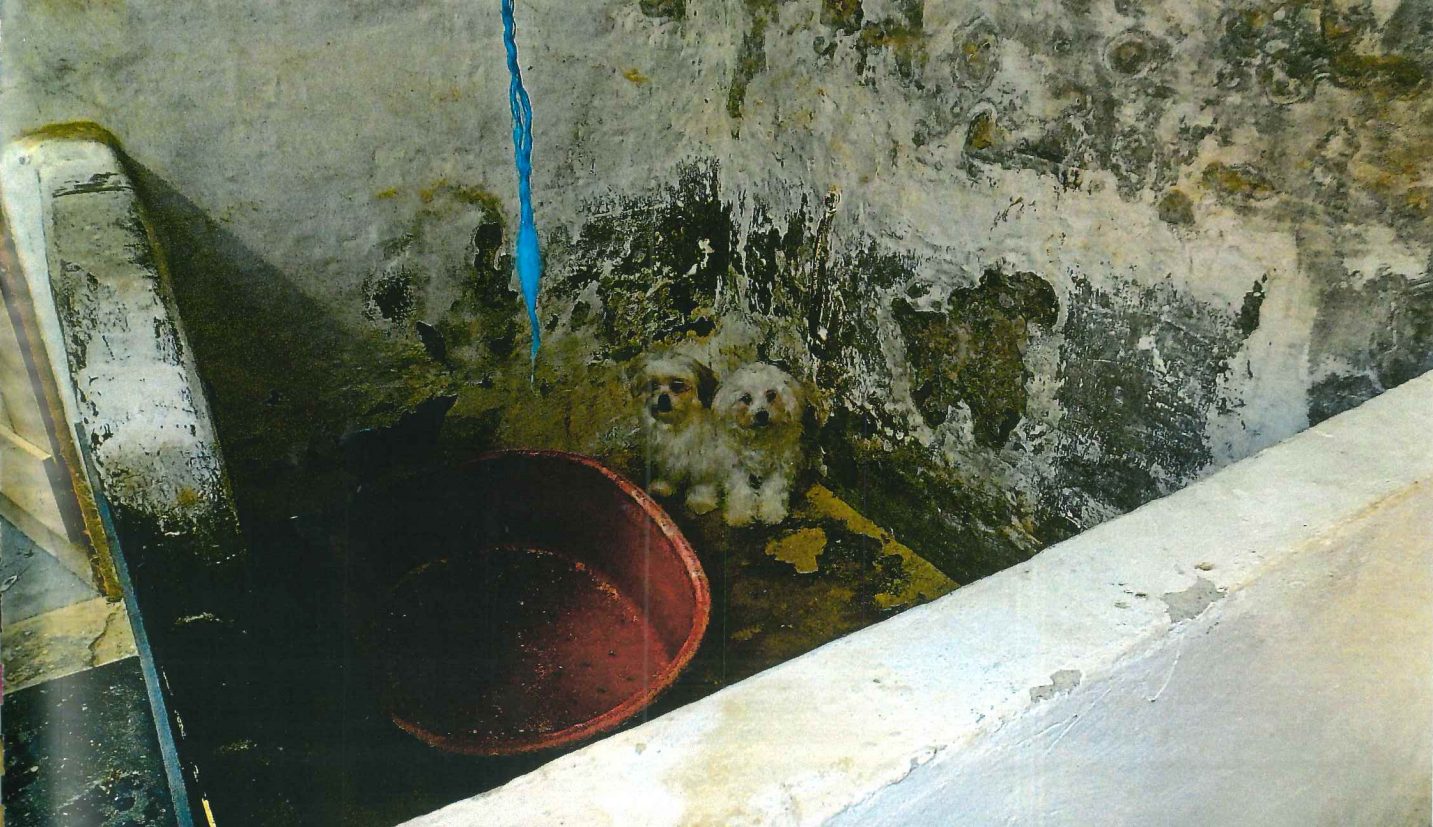Following on from the BBC’s Disclosure episode titled ‘The Dog Dealers’, our chief veterinary officer, Ian Futter, explains in this guest blog the harm these extreme breeding practices cause to animals.
“Although the content in the BBC’s documentary may have been shocking to many people, sadly, for myself and many other veterinary practitioners it will be unsurprising.
“Dogs have now been bred to such extreme proportions that it would be virtually impossible in many cases to eliminate such exaggerated features by outbreeding because there are no animals in that breed left with normal copies of the right genes.
“Dogs would never look like this in nature. Rather than eliminate harmful problems associated with bad genetics, we are deliberately selecting for them and creating dogs with chronic, painful and debilitating conditions.
“Hairless dogs can suffer from issues such as sunburn and skin trauma as they don’t have a coat to protect them. Breeding to the other end of the scale for an extremely fluffy animal can cause issues with mating, nursing, grooming and even communicating with other dogs. Any animal with either very little or too much fur is also going to struggle with thermoregulation.
“We also know that breeding for a merle pattern in the coat of the animal can cause even more issues as this coat colour is linked to both blindness and deafness in dogs depending on how the gene is inherited.
“Breeding for excessive skin folds can mean the dog will suffer with skin infections, as the warm, moist spaces between the folds are ideal places for bacteria to multiply. It’s also very common for these dogs to suffer with eye issues ranging from poor vision caused by the folds themselves, to more serious conditions like entropion where the skin of the eyelids turns inwards and rubs against the eye.
“Dogs who are bred to have exaggerated features such as very short legs can suffer from incredibly painful joint and spine problems. Not only are they likely to be in constant pain but their deformities will make it almost impossible for them to express natural behaviours.
“Brachycephalic breeds, meaning those with shorter faces like bulldogs and pugs, are incredibly popular with the public but also prone to some of the most horrific health issues. Many of them struggle to breathe normally at all and are exercise intolerant, leading to obesity and all the health issues that entails.
“Approximately 50% of French bulldogs also have chronic skin disease. Many have gastrointestinal issues, skin fold eczema, dental issues and eye problems directly associated with how they have been bred.
“While my colleagues in our inspectorate are dedicated to targeting low-welfare puppy breeders and dealers, these trends will continue as long as people are willing to pay huge sums of money for these dogs. The general public need to start to prioritise the health of their animals over the way they look and stop purchasing these extreme breeds.
“It’s important to look beyond the flashy social media profiles and online presence some of these breeders have. Anyone can set up an account on these channels and claim to be an expert but in reality these are nothing more than glorified genetic experiments.
“Purchasing a dog from one of these unscrupulous breeders could see an unsuspecting member of the public owning a dog which costs them thousands in vet bills for conditions that may not be covered by pet insurance. In the worst cases it could end in heartbreak as, if the dog’s conditions are too serious, they may need to be put to sleep at a relatively young age.
“We would always recommend people adopt a dog if they can rather than buying one. We have plenty of dogs in our centres who may not have extreme characteristics or unusual coats but will still be loyal and loving companions free from complex health issues.
“However we appreciate that sometimes a rescue dog might not be the best fit for someone’s circumstances and if they feel a puppy would be best, or have their heart set on a specific breed, we would urge them to find a reputable breeder who is breeding focused on health and temperament and not on achieving extreme characteristics.”
Find out more about how to avoid low-welfare breeders here.
Watch the BBC documentary here




